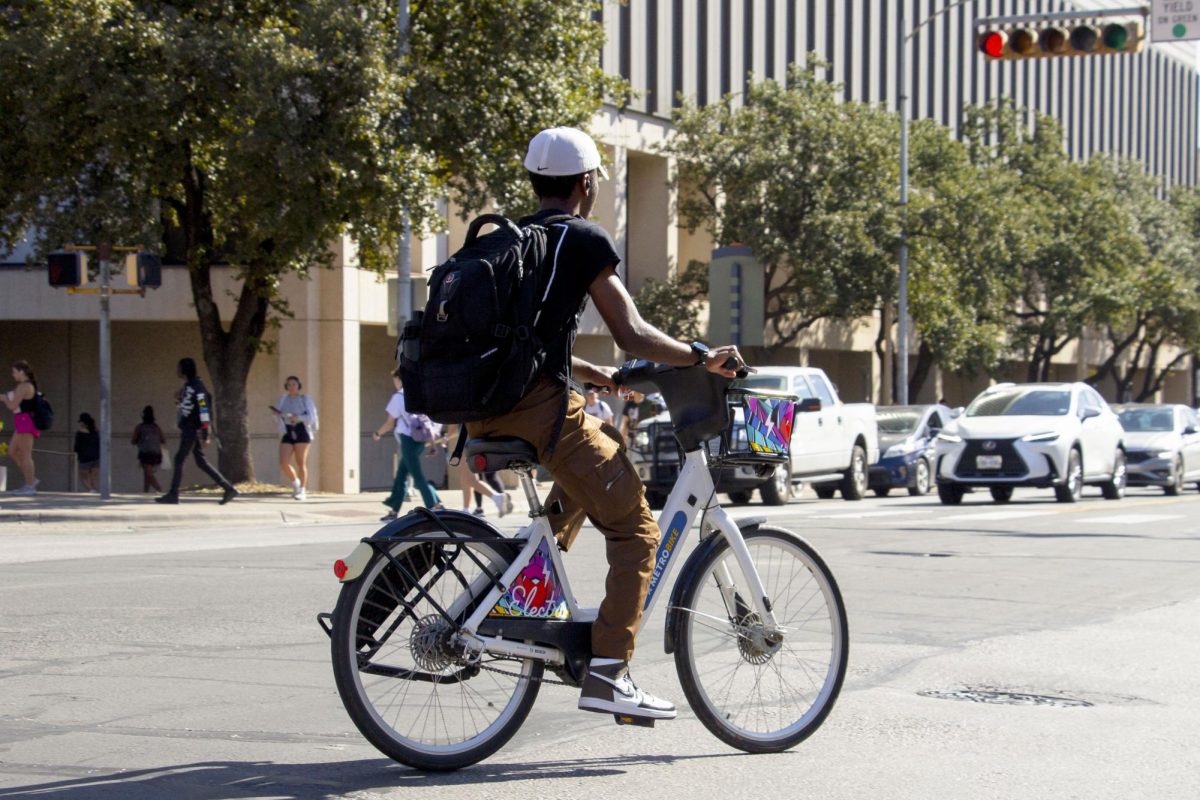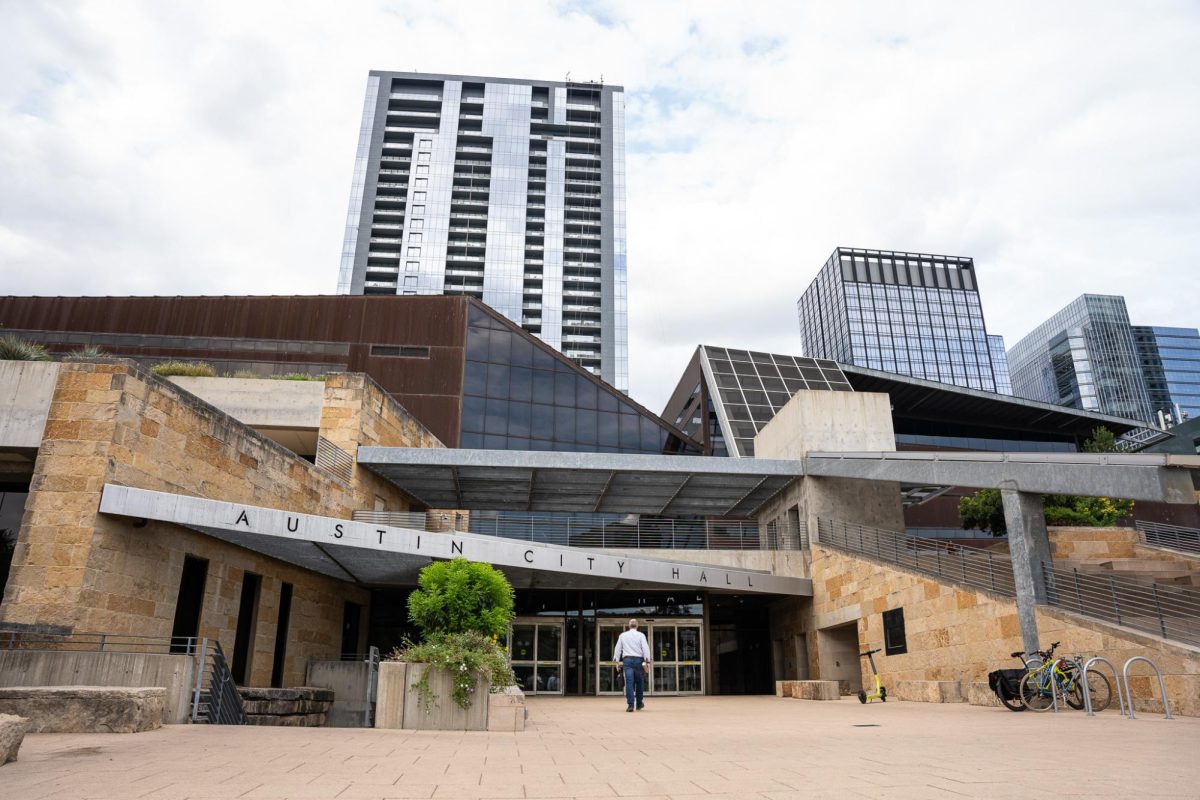The Texas Department of Transportation awarded Austin with a $11.3 million grant to enhance the MetroBike bike share program, expanding access to an alternative and sustainable mode of transportation.
TxDOT awarded the grant through the Transportation Alternatives Set-Aside Program, which facilitates the dispersion of federal funds for projects promoting transportation modes other than driving by themselves. MetroBike’s 81 stations and 800-bike fleet will expand beyond central Austin and convert entirely to electric bikes, according to the program.
The city applied for the grant using the MetroBike Strategic Expansion Plan which seeks to improve MetroBike access over the next 10 years. Jacob Barrett, Austin’s Transportation Demand Management program manager, said the grant will help Austin meet its goal of 50% of Austinites commuting by alternative transportation by 2039.
“The more folks that take more trips using MetroBike, those are fewer drive-alone trips that we see,” Barrett said. “Whereas right now, (people) might feel comfortable taking a car one to two miles, that’s really not the most sustainable mode, (and) we want them trying something else.”
CapMetro, Austin’s regional public transportation provider, operates the bike share program and will oversee its expansion. MetroBike program manager JD Simpson said the expansion provides more transit options for Austinites to use.
“Whether it’s to work, whether it’s recreation, whether it’s to go to the doctor, just being able to offer multiple modes that people might want to use,” Simpson said. “For that particular trip or for that particular day, maybe that’s their mode of choice, and now here are some backup options.”
Diego Martinez-Moncada, MetroBike maintenance and operations manager, said converting the entire fleet to electric bikes increases accessibility to those who may not typically use them. He said e-bikes get up to five times the ridership of non-electric bikes, so this initiative will help meet that demand.
“Ultimately, e-bikes just expands the amount of people that can actually engage in the system and then it just makes it a little bit easier for them to actually use the system once they’re within it,” Martinez-Moncada said.
Computer science senior Meyer Zinn said he uses MetroBikes multiple times a week. He said improving the program discourages car use for students living in walkable neighborhoods. Students make up the largest share of MetroBike users and incentivizes them to remain in Austin’s urban center.
“It would be a worthwhile investment for expanding those mobility options because it gives people reasons to want to live downtown,” Zinn said. “The ability to commute quickly to work via bike would be a really compelling option for a lot of (college students) who are trying to decide where to live and work.”
Zinn said he hopes investments in alternative and sustainable forms of transit continue, particularly as TxDOT, the grant distributor, works to expand I-35.
“I think the question of transit is an important one, and it’s going to determine a lot of how Austin continues to grow and develop as a city,” Zinn said. “This is a great start, … but I think we could do a lot more in the direction of mobility and alternative forms of mobility to achieve our sustainability goals and to make Austin a more livable community.”















